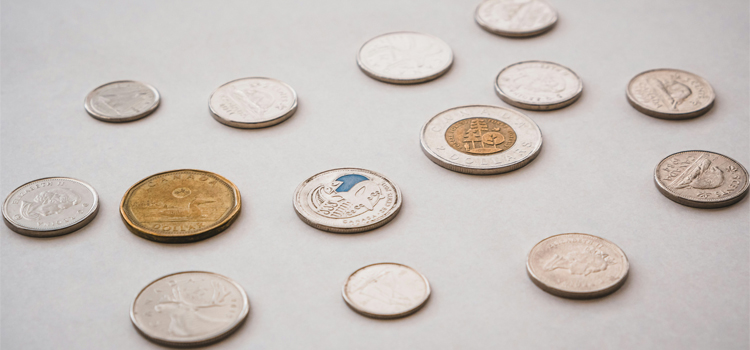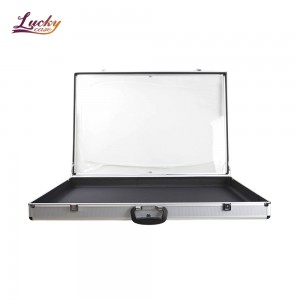In everyday life, whether it's for the love of collecting or the habit of saving loose change, we often face the question of how to properly store coins. Scattering them randomly not only makes them easy to lose but also exposes them to environmental factors that can lead to oxidation and wear, affecting their value and appearance. So, what is the best way to preserve coins?

I. I.Importance of Coin Storage
Though small in size, coins carry monetary value, historical significance, and artistic worth. Whether ordinary coins or commemorative ones, prolonged exposure to air can lead to chemical reactions with oxygen and moisture, causing oxidation and discoloration. Friction with other hard objects can also scratch the surface, reducing the coin's quality and potential value. Therefore, using the right storage method can extend the life of coins and maintain their condition.
II. Common Mistakes in Coin Storage
Many people store coins incorrectly. For instance, tossing them randomly in drawers or wallets can lead to collisions and surface damage. Some people wrap coins in tissues or ordinary plastic bags, but tissues may contain acidic substances that corrode coins, and regular plastic bags can generate static, attracting dust and impurities—both harmful for preservation. These poor practices might not show immediate effects but will degrade coins over time.
III. Ideal Storage Options
1. Aluminum Coin Case
A coin case is specially designed to store coins. It typically features an aluminum frame and an interior with EVA slots or trays, offering a sturdy structure and making it an ideal storage solution.
(1) Excellent Protection
Aluminum is naturally resistant to corrosion and effectively blocks moisture, oxygen, and dust. The sealed design of coin cases enhances moisture and dust protection, providing a stable and dry environment. Internal grooves hold each coin securely in place, preventing collisions and preserving surface quality.
(2) Easy Categorization
The case’s design allows for organized storage based on denomination, year, region, material, or theme. This makes it easier and quicker to locate specific coins without rummaging, and promotes better collection management and appreciation.
(3) Attractive and Portable
Besides being functional, coin cases are visually appealing. Many come with transparent acrylic lids for viewing coins without opening the case. Their moderate size and weight make them easy to carry or store at home or on the go.
2. Coin Sleeves
Coin sleeves are transparent plastic covers with sealed edges. They isolate coins from the environment, preventing oxidation and contamination. Their clarity allows full visibility of both sides of a coin, ideal for viewing and display. When using sleeves, be sure to choose high-quality, acid-free materials to avoid damage.
3. Coin Albums
Similar to photo albums, coin albums contain transparent pockets or slots to insert coins individually. They enable systematic organization and display based on specific themes or sequences, and prevent coins from rubbing against each other. Albums can also include labels and notes for educational and collectible purposes.
4. Sealed Containers
For storing larger quantities, sealed containers like plastic boxes or glass jars with airtight lids work well. Place a layer of soft cloth or a desiccant at the bottom for cushioning and moisture control. This method suits everyday coins but requires periodic checks to ensure the container remains sealed and the coins are in good condition.
IV. Key Tips for Coin Storage
No matter which method you choose, here are a few essential precautions:
· Always use tweezers or wear gloves when handling coins to avoid corrosion from sweat and oils on your hands.
· Store coins in a dry, cool, and dark place, avoiding direct sunlight and high temperatures that accelerate aging.
· Regularly inspect your stored coins to identify and address any issues early.
V. Conclusion
There are multiple ways to store coins, and among them, coin cases stand out as one of the best due to their excellent protection, easy categorization, and portability. Depending on your collection size, coin types, and personal preferences, you may also opt for coin sleeves, albums, or sealed containers. By following proper storage methods and precautions, you can ensure your coins remain in excellent condition, whether they serve as casual savings or treasured collectibles.
Post time: Apr-29-2025









